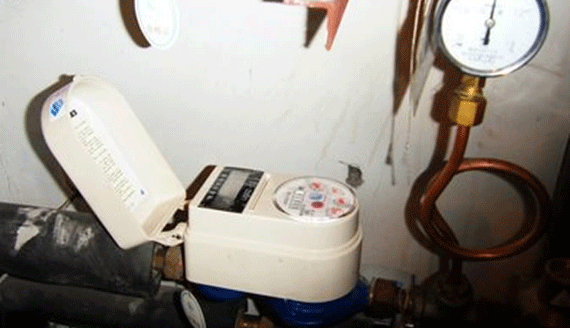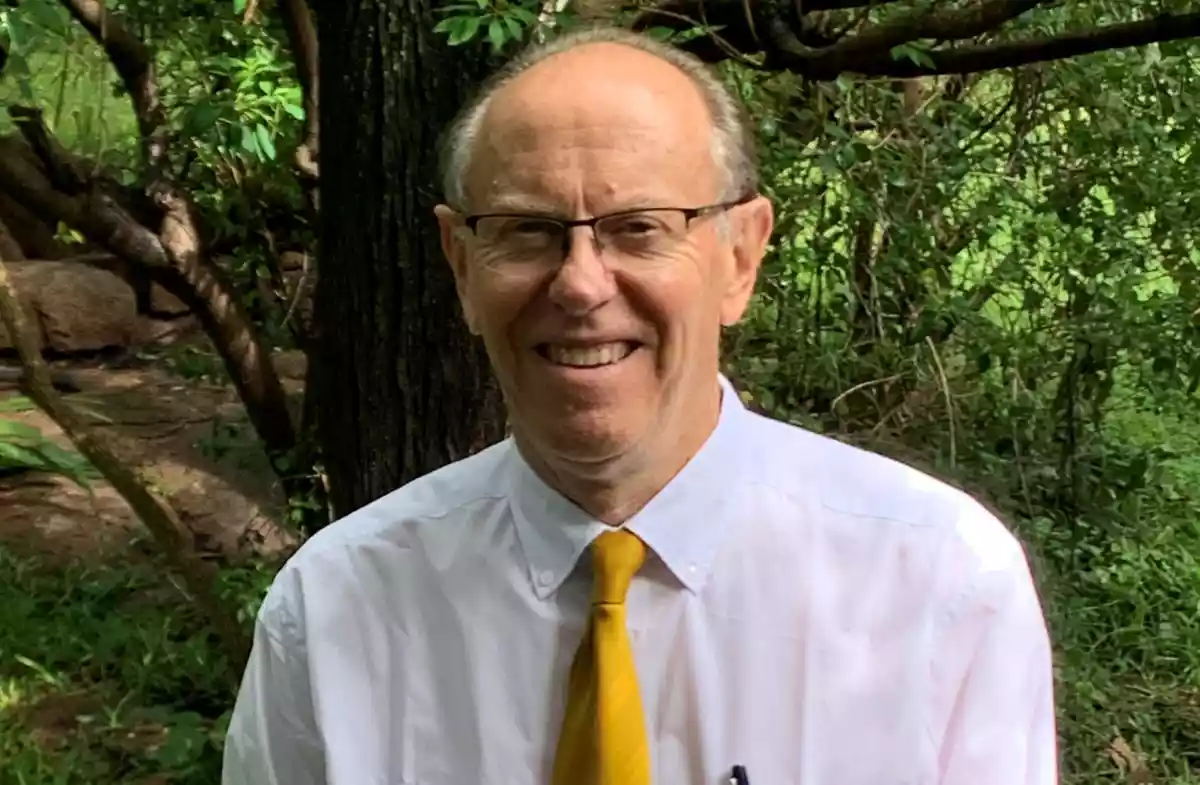
COWDRAY PARK residents and human rights activists on Saturday rejected plans by the Bulawayo City Council to introduce pre-paid water meters saying it was not conducive for Zimbabwe’s political and socioeconomic environment. MTHANDAZO NYONI OWN CORRESPONDENT
Council announced plans to introduce pre-paid water meters starting with Cowdray Park as a way of forcing residents to pay their bills, but residents’ associations across the country believe that the installation of pre-paid meters would infringe on residents’ right to water provision.
The Bulawayo Progressive Residents’ Association (Bpra) and Zimbabwe Coalition on Debt and Development (Zimcodd) held a meeting with Cowdray Park residents to discuss the move by the concil to introduce pre-paid meters and resolved to reject the project.
“City fathers want to sell water to us as residents and we are saying no to that. Why do they want to begin in Cowdray Park and not in other places like Makokoba?” one resident said.
Another resident said she was failing to buy a R2 tomato and installation of pre-paid meters would mean she would just bid farewell to running water for the rest of her life.
“I am failing to buy food for myself and what council is proposing would just condemn us to worse beggars. If they want to introduce that, let them first give people jobs or revive industries,” she said.
Zimcodd said pre-paid water meters paved the way for privatisation of water.
“Pre-paid water meters facilitate effective demand management in a very cruel manner. When you are unable to afford the charge you are simply cut off. It has resulted in outbreaks of cholera when families are forced to use polluted water, and forced kids to wear dirty clothes to school when families are unable to get the water they need to wash,” Zimcodd regional board member Percy Mcijo, said.
- Chamisa under fire over US$120K donation
- Mavhunga puts DeMbare into Chibuku quarterfinals
- Pension funds bet on Cabora Bassa oilfields
- Councils defy govt fire tender directive
Keep Reading
“Pre-paid water meters do not understand emergencies. With no fire hydrants, if fire breaks out at night you are unable to buy additional water at the store. It forces poor families to use unsafe water sources once they lose their ability to pay,” he added.
Bpra said it was not prudent to introduce pre-paid water meters in light of Zimbabwe’s political and socioeconomic situation that had reduced most Zimbabweans to paupers with unemployment estimated at over 80% and most citizens living below the poverty datum line.
“Pre-paid water meters are undesirable as they lead to automatic disconnection of those who cannot afford to purchase and they are also discriminatory as they allow the rich to use as much water as they want yet usage by the poor is limited.
“We are saying no to pre-paid meters and the city council should take that into consideration. People will be overburdened for no apparent reason,” environmental secretary Austin Nkomazana, said.
Council said installation of pre-paid water meters had the potential of increasing the city’s annual revenue base to $41 125 million annually from the current $29 157 million as well as improving the consumer metering and billing system.
Pre-paid water meters have been in the pipeline for years and the project was set to be first rolled out in Cowdray Park before spreading to other areas.
Over the years, local authorities have struggled to collect revenue from customers, including residents, commercial entities and government departments, forcing them to embark on extensive water cuts on defaulters.
Under the pre-paid water system, consumers would purchase vouchers linked to a credit card with a code that they would feed into meters and get credit units commensurate with the value.
Failure to buy credit units would result in one being automatically disconnected.










